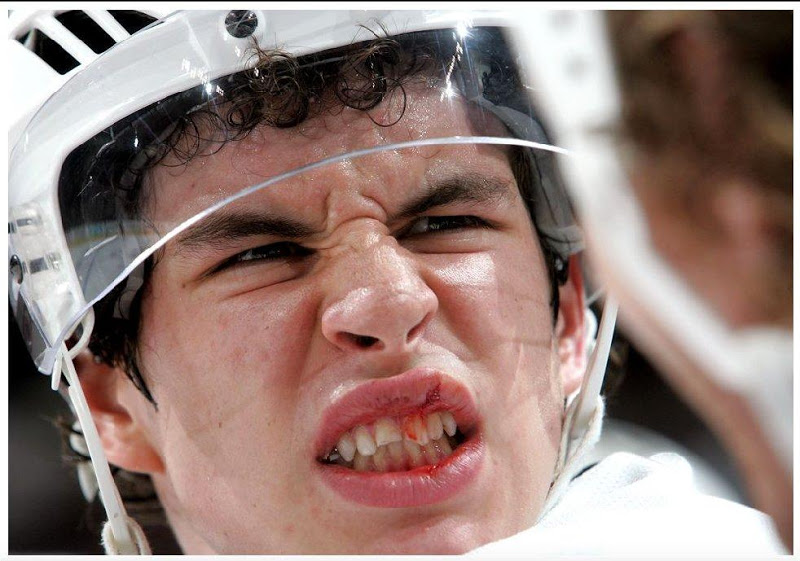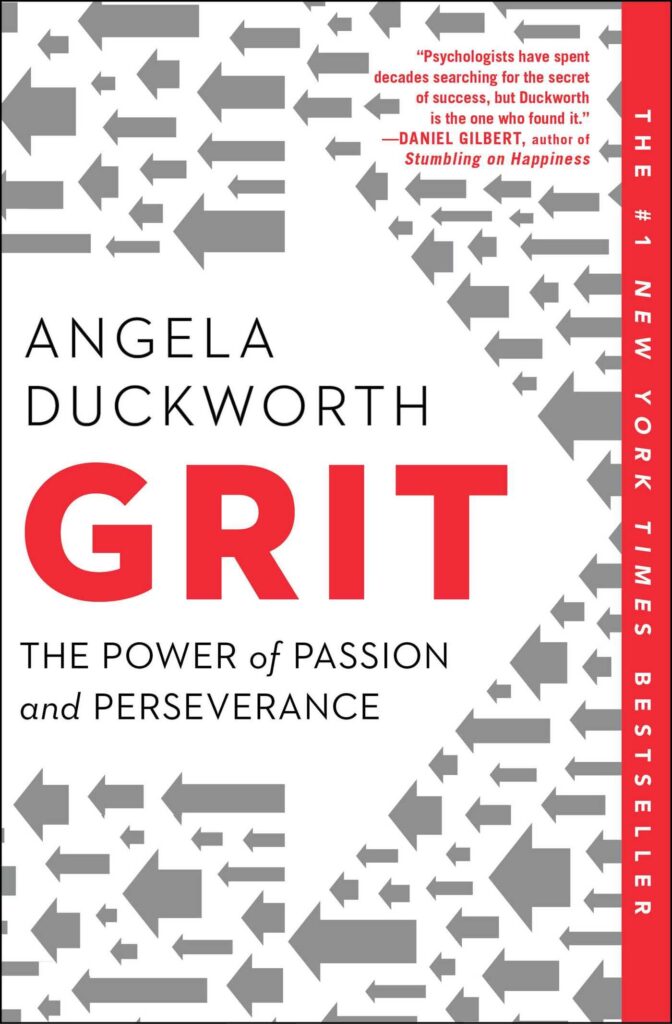In this final post about how to develop a great hockey player, we discuss grit. Grit is the ability for a player to demonstrate focus and determination to overcome the inevitable challenges that come with high-level hockey.
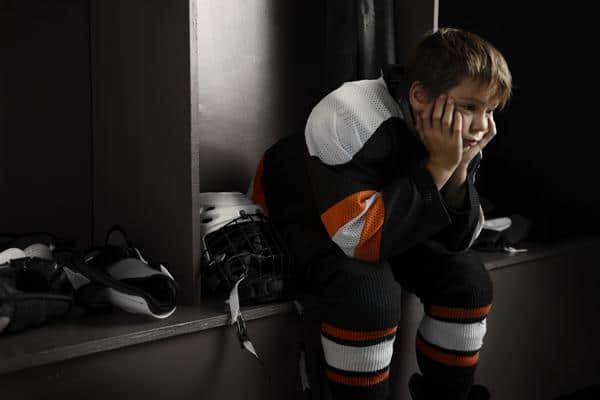
Overcoming Adversity
In hockey, many “early bloomers” don’t face adversity at a young age. If your player is lucky enough to be the best player on their team when they are 12, 13, 14 or even 15, their world will likely change when they start playing against the best players in their age group. This can come from peers starting to catch up via size and speed. Or it can come from playing against better players by moving from being a “big fish in a small pond” to being a “small fish in a big pond”.
I have seen firsthand how learning from failure early on in my kids’ hockey development has helped them become more resilient, focused and competitive. One of the biggest drivers of my their developing some grit was them not making the team they wanted to when one was 10 and the other was 11 years old.
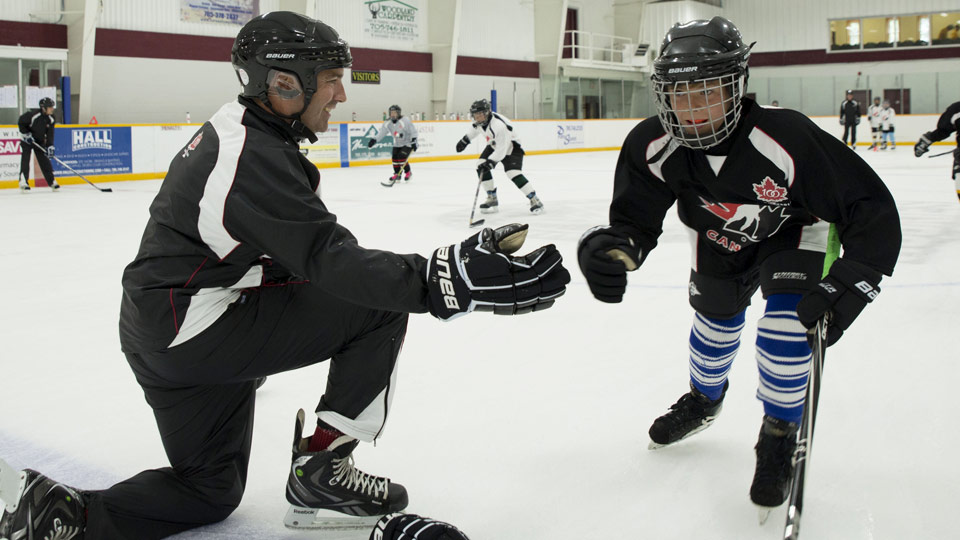
Being Coachable
While grit is about handling adversity, players also need to be able to handle feedback and being coachable. Every coach is different so being able to adapt to situations where the player-coach relationship is not ideal is another challenge that will likely need to be overcome. How is your player’s body language when hearing constructive feedback? A player’s ability to “learn how to learn” is a secret weapon that can be one the primary factors in their success. It is what Sidney Crosby considers one of his greatest assets.
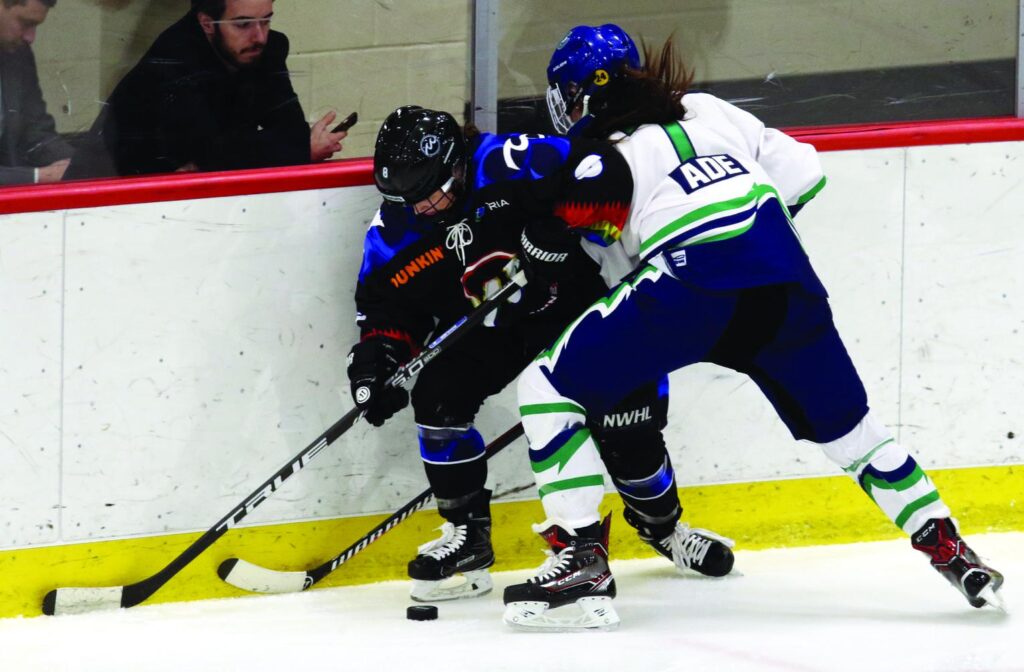
Learning to Compete
For some players being competitive is in their DNA, for others it is a learned skill. How driven are you to “be the best you can be” while still being a good teammate? Specifically, how do you handle yourself both on and off the ice. Keeping in mind the ups and down of a game and a season. As mentioned in my first post in this series, hockey development is a marathon not a sprint.
Grit: The Power of Passion and Perseverance
If your player is old enough (>12 years old) then I would strongly recommend having them read Angela Duckworth’s Grit. The book details why naturally talented people many times fail to succeed, but others with less obvious skill have the tenacity to persevere and overcome challenges to develop into leaders in their fields. Finding a way for your player to have a passionate persistence to get better every day is the last ingredient needed to develop a great hockey player.
This post is the final in a series on How to Develop a Great Hockey Player (Intro).

